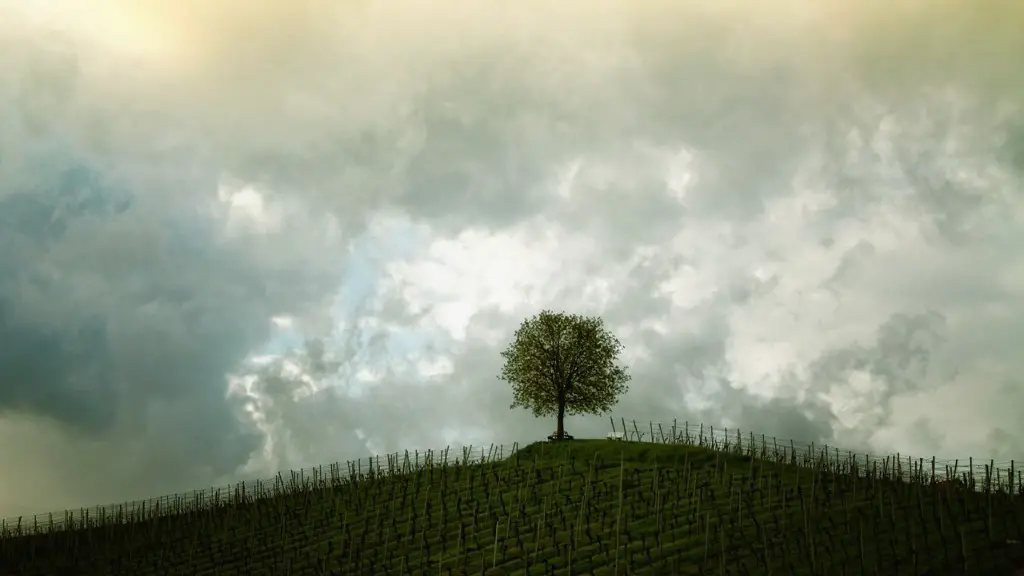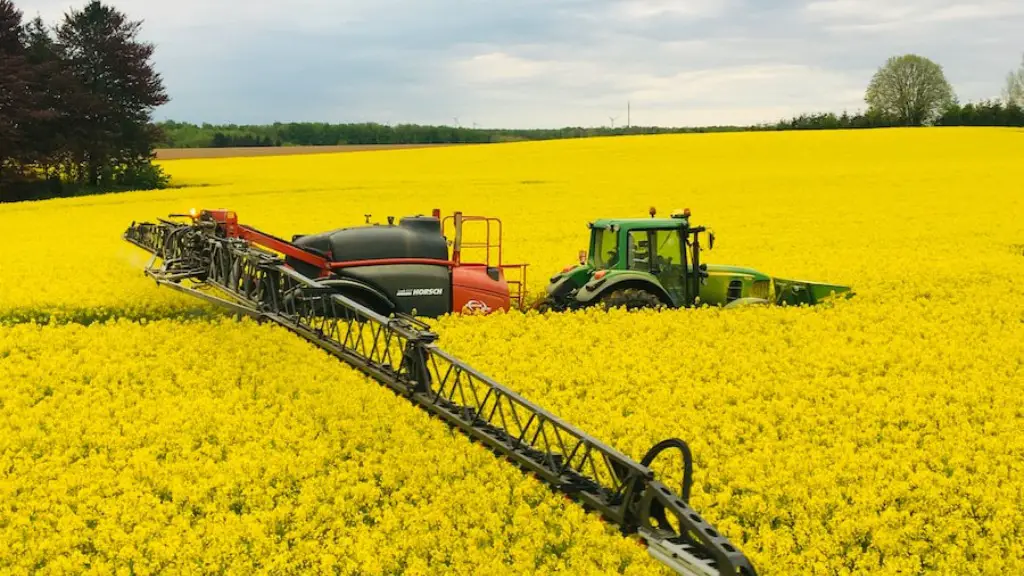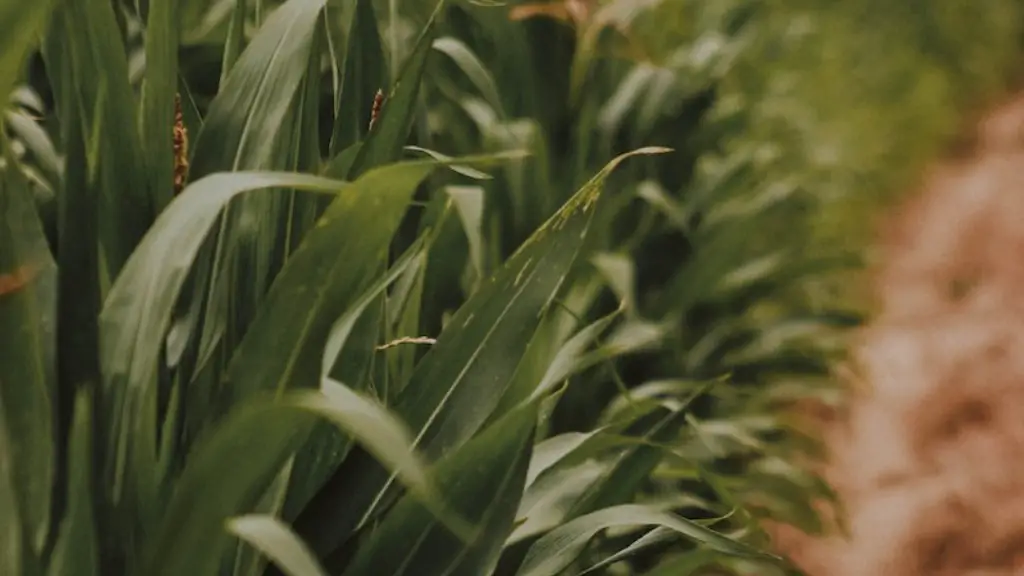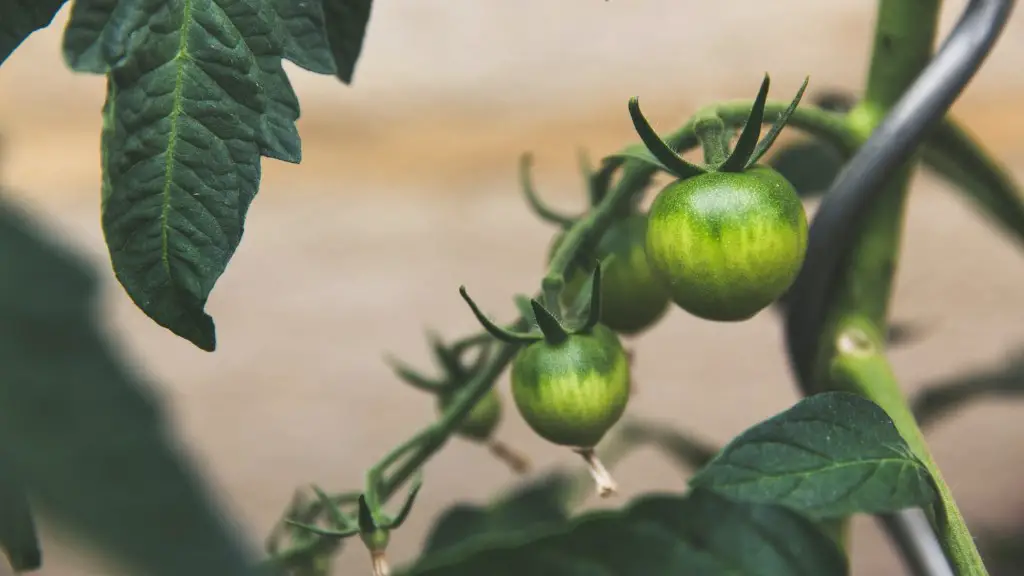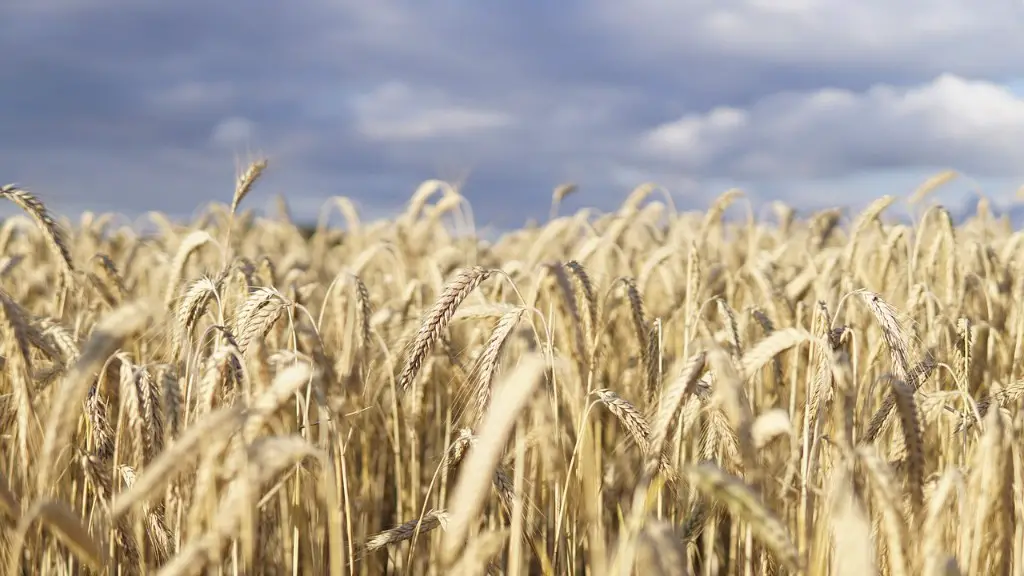The father of agriculture has been a subject of debate for many years. Some believe that it was a Sumerian man named Sargon, while others believe it was a man from Mesopotamia named Gilgamesh. There is also evidence that suggests agriculture began in China, with a man named Shen Nung.
The father of agriculture is considered to be a man named George Washington Carver. Carver was born into slavery in the United States and went on to become one of the most prominent scientists and inventors of his time. He is best known for his work with peanuts and sweet potatoes, which helped to improve the diets of millions of people. Carver’s work in agriculture helped to revolutionize the way that crops were grown and harvested, and his techniques are still used by farmers today.
Who is father of agriculture in India?
Dr M S Swaminathan is an Indian agricultural scientist and administrator who has played a major role in the Green Revolution in India. He is the founder of the Indian Agricultural Research Institute (IARI) and the Indian Council of Agricultural Research (ICAR). He has also served as the Director General of the International Rice Research Institute (IRRI).
Norman Borlaug was an agronomist who led initiatives worldwide that contributed to the extensive increases in agricultural production termed the Green Revolution. He is considered one of the most important figures in the history of agriculture.
What is Norman Borlaug known for
Borlaug’s work on developing wheat varieties with broad disease resistance, adaptation to different growing conditions, and high yield potential has had a profound impact on agriculture. His work has helped to increase food production and improve food security around the world.
Norman Borlaug was an American agronomist who is considered the godfather of the Green Revolution. He was the originator of a dwarf wheat variety in Mexico that became a model for other staple crops around the world.
Who first started agriculture?
Egyptians were among the first peoples to practice agriculture on a large scale, starting in the pre-dynastic period from the end of the Paleolithic into the Neolithic, between around 10,000 BC and 4000 BC This was made possible with the development of basin irrigation. Basin irrigation is a form of irrigation in which water is collected in a basin that is surrounded by land that is to be cultivated. The water is then distributed to the land by a system of canals. This type of irrigation allowed the Egyptians to farm large tracts of land and to produce a large amount of food.
George Washington Carver is best known for his work with peanuts, but he was also a leader in agriculture innovation. He was born into a life of slavery, but he rose above his circumstances to become one of the most respected scientists of his time. Carver’s determination and persistence in the face of adversity is an inspiration to us all.
Where was agriculture first discovered?
The Fertile Crescent is one of the most important regions in the world for the study of the origins of agriculture. Agriculture is thought to have first originated in a few small hubs around the world, but the Fertile Crescent is one of the most likely places for the first agricultural societies to have emerged. The Fertile Crescent is a region of the Near East that includes parts of modern-day Iraq, Syria, Lebanon, Israel and Jordan. The region is incredibly fertile, and early farmers in the Fertile Crescent were able to exploit this rich land to support a growing population. The Fertile Crescent was also one of the first regions in the world to see the establishment of cities and civilizations, and it is thought that the early success of agriculture in the region helped to spur on the development of these early empires.
agricultural communities demonstrate one of the most important transitions in human history – the shift from a nomadic, hunter-gatherer lifestyle to a more settled, agrarian way of life. This transition allowed for the development of civilizations and the growth of cities and towns. agricultural communities allowed for the domestication of plants and animals, which led to a more reliable food supply and the ability to build larger settlements. The establishment of agricultural communities was a key step in the evolution of human society.
When was the first beginning of agriculture started
Agriculture is one of the oldest human activities and it has undergone significant developments since its inception. Agriculture allowed for the domestication of plants and animals, which led to the development of civilizations. Agriculture has played a vital role in human history and it continues to do so today.
Vaccination has been one of the most important medical advances of our time, and we have Edward Jenner to thank for it. As the father of vaccines, Jenner is credited with saving more lives than any other human.
Vaccination is the most effective method of preventing infectious diseases, and today, vaccines are able to prevent or contribute to the prevention and control of 25 infections. Jenner’s impact extends beyond smallpox, and his legacy continues to save lives all over the world.
Who is founder of Green Revolution?
M S Swaminathan is considered as the father of Green Revolution in India. He is a world-renowned agricultural scientist and his work has been instrumental in bringing about this momentous agricultural transformation in the country. The Green Revolution was started in the late 1960s and it completely changed the face of Indian agriculture. It resulted in increased production of food grains and ushered in an era of self-sufficiency for the country. Swaminathan’s vision and leadership played a crucial role in making this possible.
Norman Borlaug was a plant scientist who is credited with starting the Green Revolution. He bred rust-resistant cultivars which have strong and firm stems, preventing them from falling over under extreme weather at high levels of fertilization. His work helped to increase food production around the world and helped to improve the lives of millions of people.
Who is the father of GMO
Herbert Boyer and Stanley Cohen are credited with developing genetic engineering in 1973. In 1982, the FDA approved the first consumer GMO product developed through genetic engineering: human insulin to treat diabetes. GMO products have since become a controversial topic, with many arguing that they are unsafe for human consumption.
This was a great accomplishment and really led to India becoming a powerhouse in the world of agriculture. Vishal Tewari is definitely a hero in the eyes of Indian farmers!
Who is the father of golden revolution?
The Golden Revolution is an agricultural revolution led by Nirpakh Tutej in India. It is based on the production of honey and horticulture. The Golden Revolution has helped India become one of the leading agricultural nations in the world.
For over 13 000 years, lentils have helped shaped the course of human history. Today, we add lentils to tasty stews, soups and salads. In ancient times, however, lentils were an important part of establishing modern societies.
Lentils are a type of legume and are one of the oldest cultivated plants in the world. They are an excellent source of protein and essential nutrients, and were an important food for early civilizations in the Middle East and the Mediterranean.
Lentils were a key ingredient in the development of early civilizations. They were a major part of the diet of the ancient Egyptians and were used in Mesopotamian times to make flatbreads. Lentils were also an important food for the Romans, who believed they had medicinal properties.
Lentils continue to be an important food in many parts of the world today. They are a staple in Indian and Pakistani cuisine, and are also popular in Africa, the Middle East, and Mediterranean countries.
Conclusion
The father of agriculture is usually considered to be Jethro Tull, an Englishman who invented a seed drill in the early 1700s.
The father of agriculture is a title that has been given to many different people throughout history. There is no one person who can definitively be called the father of agriculture, as it is a practice that has been around for thousands of years and has been developed by many different cultures.
